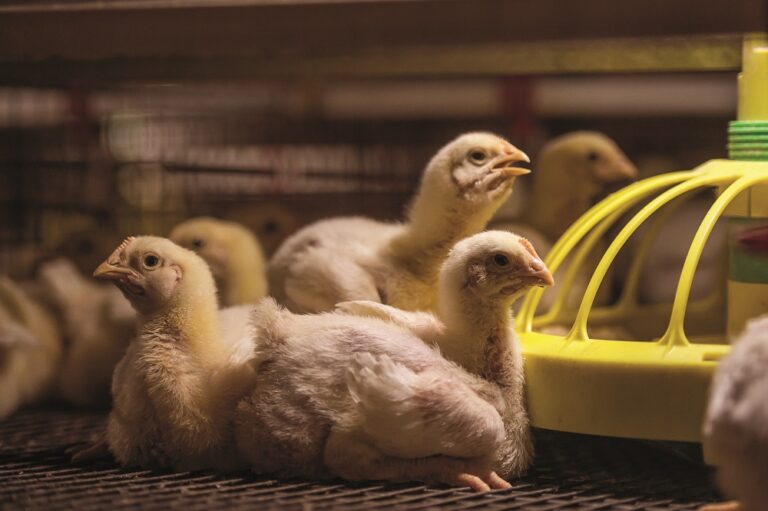Sales of antibiotics for use in livestock have reduced by 55% since 2014 to the lowest ever recorded level, the government’s Veterinary Medicines Directorate (VMD) said.
The latest UK-Veterinary Antibiotic Resistance and Sales Surveillance (UK-VARSS) annual report shows how the UK is maintaining world-leading effective antibiotic stewardship in livestock, with reductions in farm-level antibiotic use reported by the chicken, duck, pig and trout sectors.
Antibiotic resistance – otherwise known as antimicrobial resistance or AMR – arises when microorganisms that cause infection change, and no longer respond to medicines which normally kill them or stop their growth, making infections harder to treat. The World Health Organization recognises Antimicrobial Resistance (AMR) as one of the greatest threats to human and animal health in the world today.
The likelihood of resistance occurring increases when antibiotics are overused, so using them responsibly is crucial in ensuring these life-saving medicines continue to work in both humans and animals
Abigail Seager, Chief Executive of the Veterinary Medicines Directorate said: “I’m delighted with the continued progress in so many areas of this year’s UK- VARSS report. The overall decreasing trends in antimicrobial usage and resistance levels in livestock, shows the UK has continued in its mission to build on the antibiotic stewardship principles we have implemented in the past seven years.”
Christine Middlemiss, the UK’s Chief Veterinary Officer, said: “Antimicrobials are the cornerstone to treating infection in humans and animals and using them responsibly is essential in safeguarding their effectiveness.
“The UK’s voluntary approach to collecting antibiotic use data and target setting, is an example of government, industry, and veterinary professionals working collectively to achieve effective antibiotic stewardship and we continue to make our AMR surveillance programmes more robust. Surveillance is essential for monitoring emerging risks and the data we will be collecting over time will help protect people, animals and our environment.”


